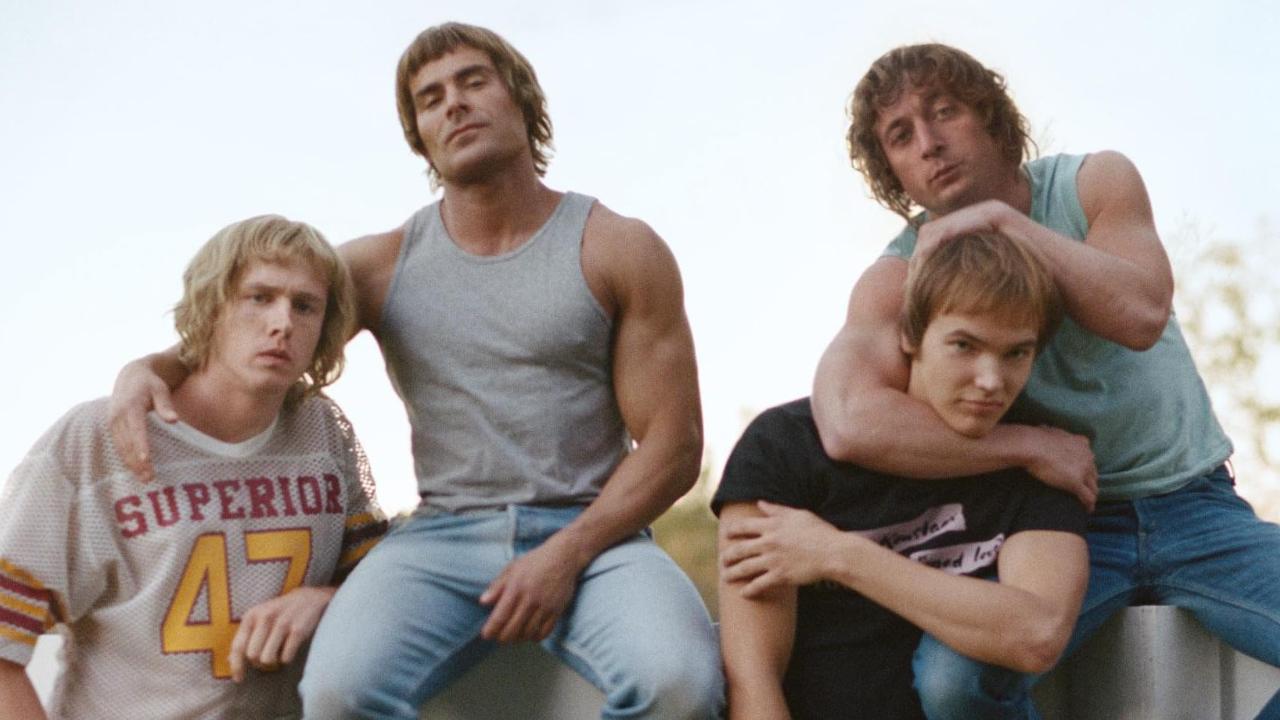Taking place in the early 1980s, the Von Erich brothers had a lasting impression on the world of professional wrestling. The Iron Claw explores their genuine story. This biopic offers a unique perspective, showcasing the triumphs and tragedies that unfolded within this renowned wrestling family. Under the dominating presence of their father and coach, whose behavior could be classified as abusive by modern standards, the narrative unfolds, revealing the detrimental effects of obsessive parenting that led to the family’s downfall. Once hailed as wrestling royalty, the Von Erich family grappled with internal strife and external pressures, paving the way for the evolution of professional wrestling into the lucrative industry it is today.
Despite the family’s struggles being often attributed to a so-called ‘curse,’ the film sheds light on the harsh realities obscured by such mystical explanations. It portrays the Von Erich brothers as wrestling luminaries burdened by one of the most tragic and bizarre curses in sports history. The narrative poignantly explores the blurred lines between love and abuse, particularly when an abuser disguises control as affection. The camera intimately captures the Von Erich household dynamics as the brothers strive for glory in the wrestling arena, driven by their relentless father’s ambitions and oblivious to the toll it takes on their family.
Forced to immerse themselves completely in the world of wrestling, the brothers vie for their father’s approval, while their mother, Doris, passively accepts his decisions. Fritz, the patriarch portrayed by Holt McCallany, harbors unfulfilled dreams of wrestling glory, epitomized by his Iron Claw persona in the ring. The narrative primarily follows Kevin Von Erich (Zac Efron), the second eldest brother, as he navigates the familial expectations and personal aspirations. Each brother, including David (Harris Dickinson), Kerry (Jeremy Allen White), and Mike (Stanley Simons), grapples with their individual challenges, striving to carve their identities amidst the shadow of their father’s legacy.
The film accentuates the family’s resilience in the face of adversity, portraying their relentless pursuit of success despite recurring setbacks. Themes of guilt, grief, and faith permeate the narrative, with Kevin perceiving a familial curse while Doris maintains her unwavering faith in divine providence. As the story unfolds, Doris’s pivotal decision to prioritize her well-being marks a poignant turning point. While the emotional depth of the narrative remains restrained, the stellar performances by the cast, particularly Zac Efron, imbue the story with profound poignancy.
The Iron Claw serves as a cautionary tale on the perils of insular familial dynamics and the importance of open communication in preserving mental well-being. While the film brims with energy and passion, the slow pacing and limited character development render it a somewhat arduous viewing experience. The cinematography by Mátyás Erdély captures the emotional essence of the narrative, yet the audience may struggle to fully engage with the characters’ journey. Director Sean Durkin skillfully portrays the era’s wrestling spectacle, offering glimpses of riveting matches devoid of modern-day digital distractions. However, amidst the tapestry of brotherhood, love, pain, and legacy, the film at times loses its emotional resonance, leaving viewers somewhat detached from the unfolding tragedy.

